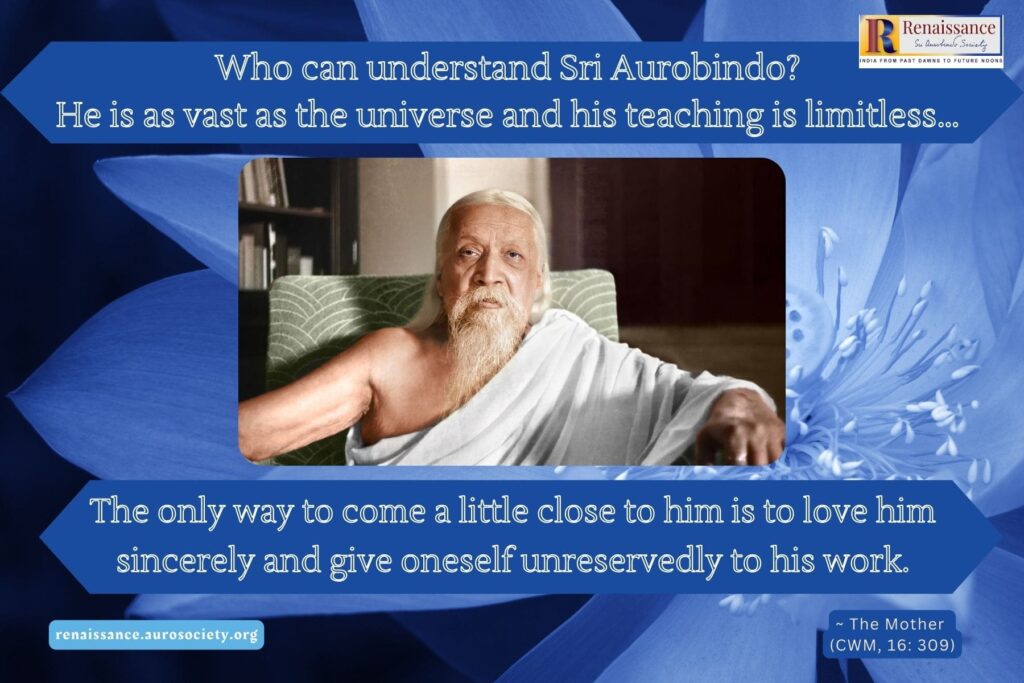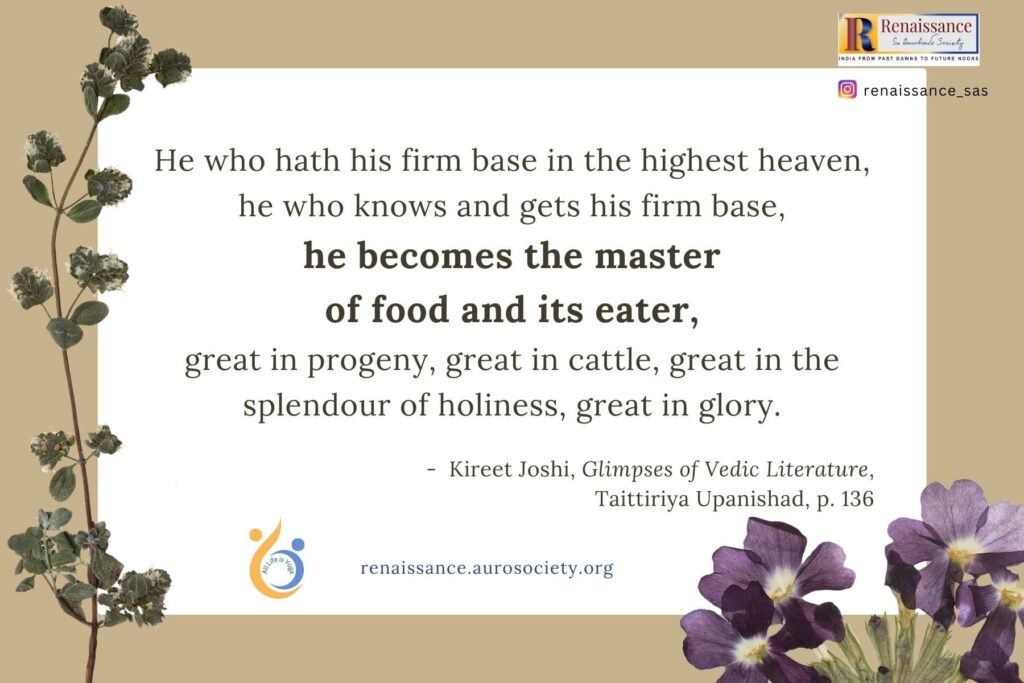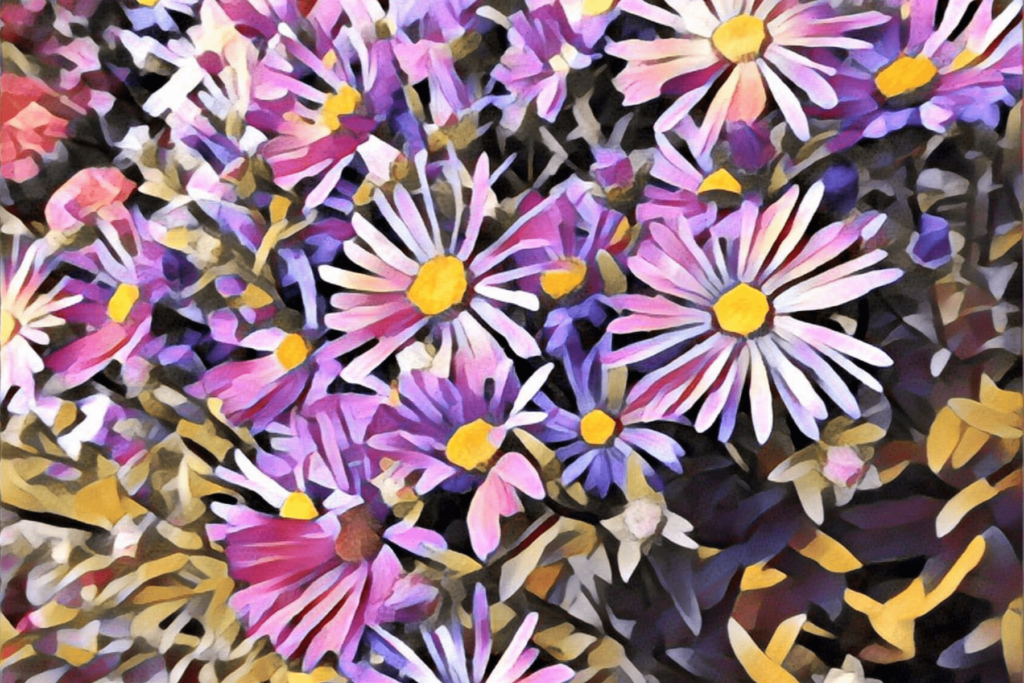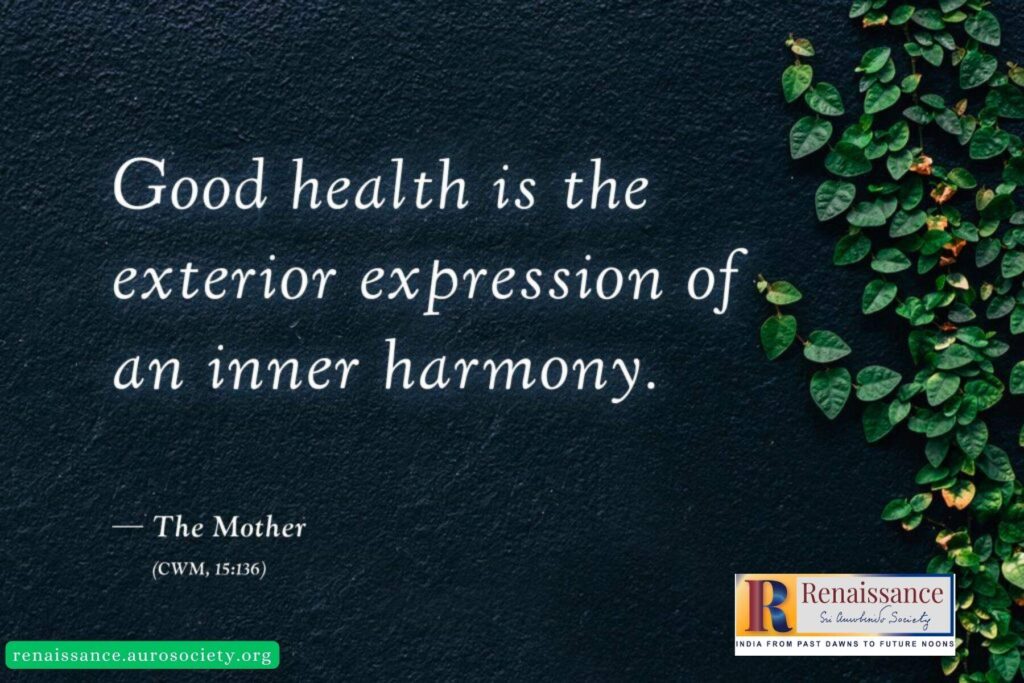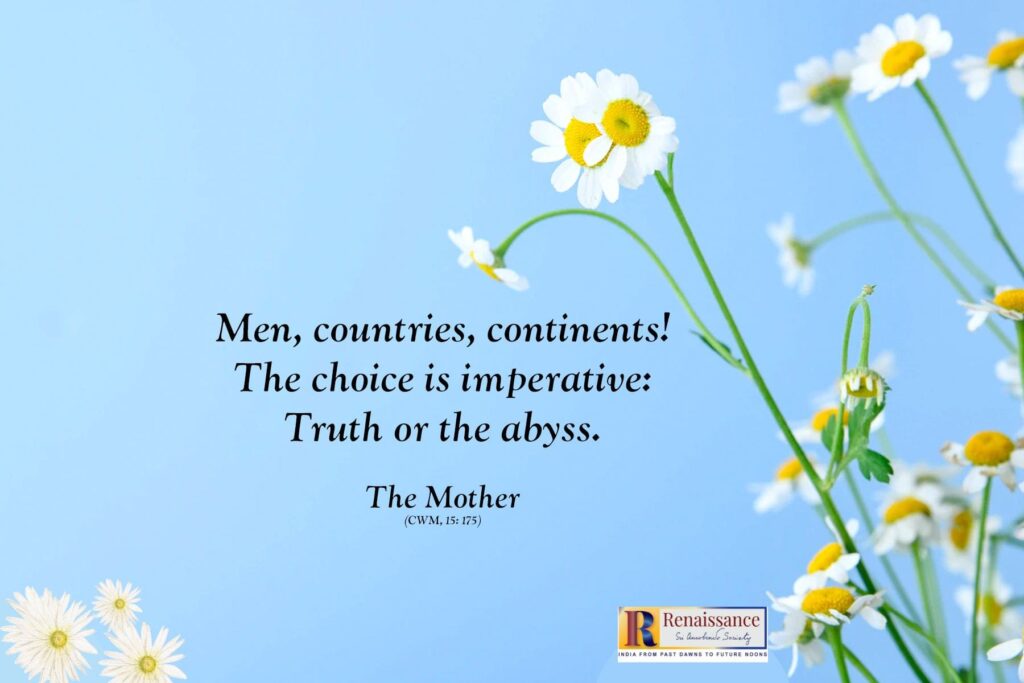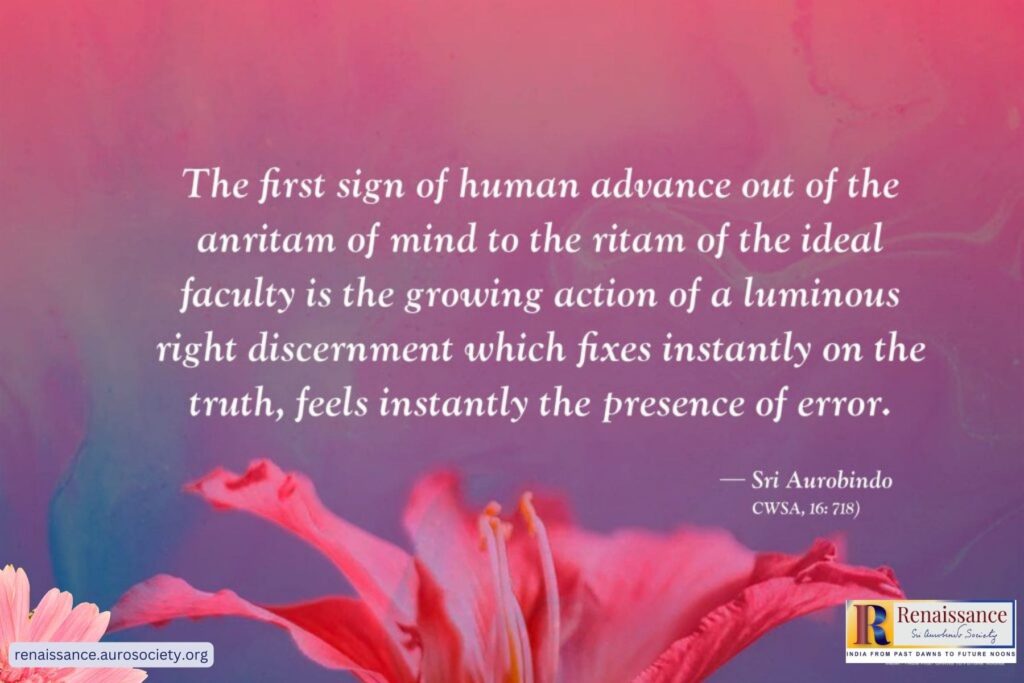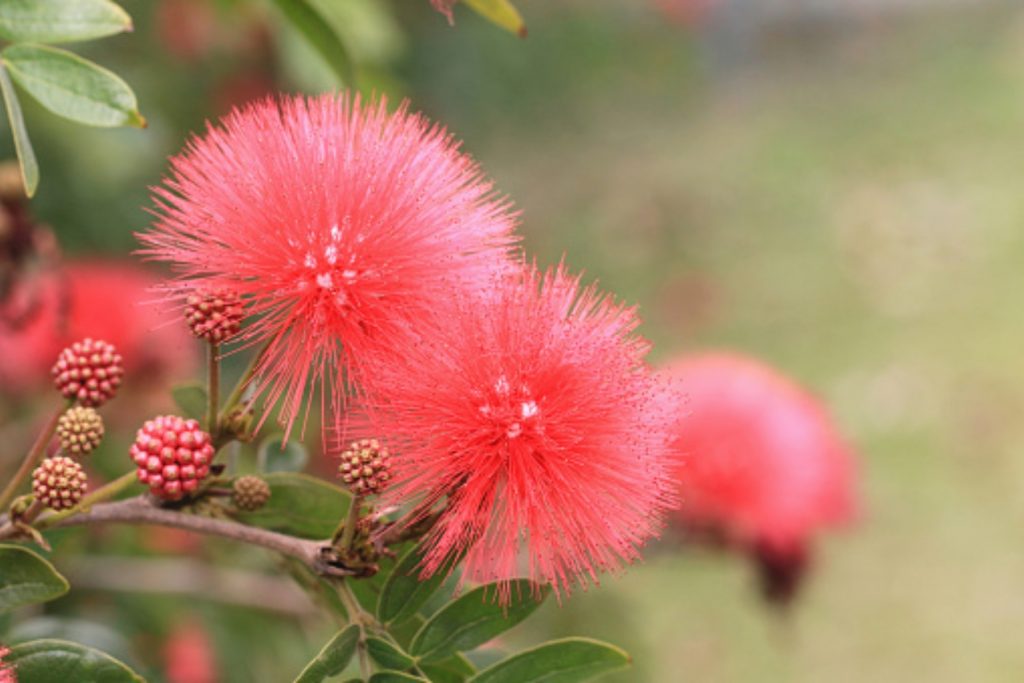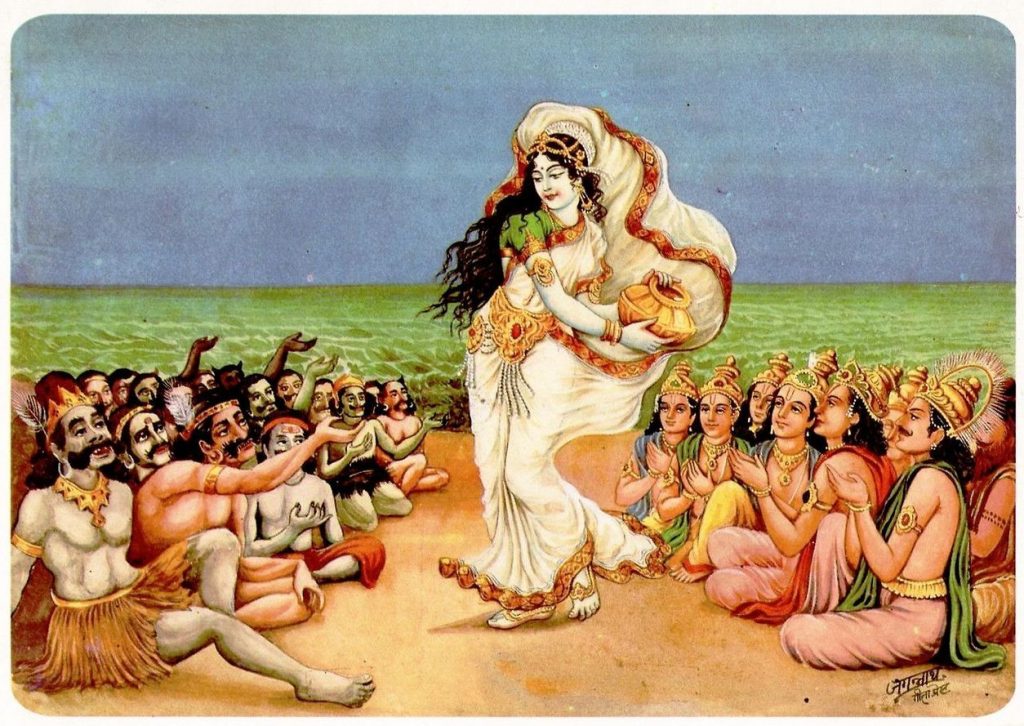In the Fire of Revelation – PART 2
Sri Aurobindo’s inner realizations gave him the key through which he was able to bring out the true inner truth of the Rig Veda. His Mantric poem, Savitri, is a Veda of the future that only a Rishi could have received through divine hearing and seeing, and expressed in sublime poetry.
In the Fire of Revelation – PART 2 Read More »

